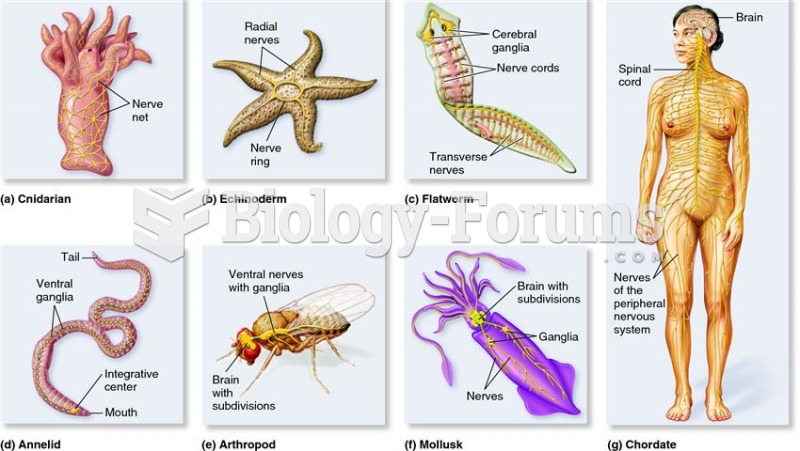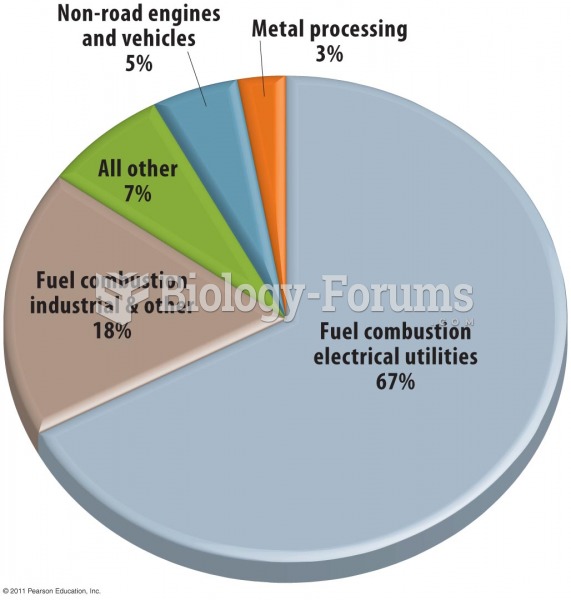Answer to Question 1D
Answer to Question 2(1) Wear safety goggles or a face shield with properly tinted lens at all times; (2) obtain the
instructor's permission before using compressed gases; (3) store fuel gas cylinders separately from
oxygen cylinders; (4) keep gas cylinders upright and chained securely at all times. They should be
stored outdoors or in well-ventilated, fire-safe areas; (5) do not bump or put pressure on pipes,
connections, valves, gauges, or other equipment connected to compressed gas cylinders; (6) when
connections are opened or cylinders changed, check thoroughly for leaks before using the equipment;
(7) never use equipment exposed to oil or grease. Spontaneous or instant fires may result; ( follow
follow
specific procedures for turning systems on and off; (9) work only in areas that are free of materials that
burn; (10) never cut or weld in an area that is not well ventilated; (11) when cutting galvanized metal,
take precautions not to breathe fumes from the process; (12) never use gas-burning equipment without
approved fire extinguishers in the area; (13) always wear leather gloves and apron when using
gas-burning equipment; (14) screw the caps on all cylinders that do not have regulators or other
apparatus attached; (15) all equipment or cylinders that may discharge gas should be pointed away
from the operator, other people, and clothing. Fire will follow a gas stream; (16) never leave clothing
where it can become saturated by oxygen or fuel gases; (17) if gas equipment catches fire, immediately
turn off the gas at the tanks. If this is not practical, or if this action does not extinguish the gas fire,
evacuate the area and call for help; (18) learn to recognize the odors of combustible fuels; (19) protect
gas cylinder storage areas with locked chain link fences or concrete enclosures.
Answer to Question 3A







